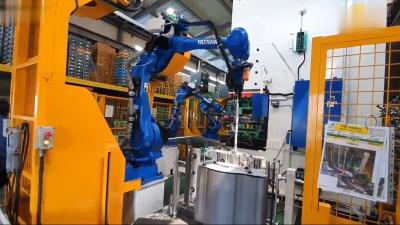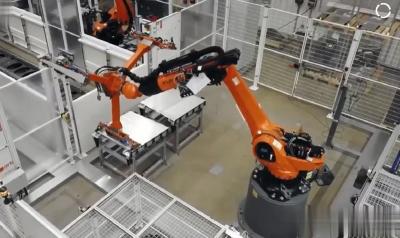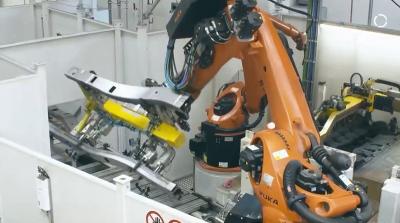Fundamentals of Robot Technology: A Comprehensive Guide to Robotics
Fundamentals of Robot Technology
Robot technology is a field that involves the design, development, and implementation of robots in various industries. It combines principles from computer science, engineering, and mathematics to create intelligent machines that can perform tasks autonomously or with minimal human intervention.
The Need for Robots in Industries
Robots play a crucial role in industries as they can perform repetitive and dangerous tasks with precision and accuracy. They are also capable of working in hazardous environments where human presence could be risky. By using robots, industries can increase productivity, reduce costs, and improve overall efficiency.
SCARA (Selective Compliance Assembly Robot Arm) robots are widely used in industries for assembly and pick-and-place operations. They consist of several key parts, including a rigid vertical arm, a horizontal arm that can move in a plane, and a wrist that allows for rotation and gripping. These robots are highly versatile and can be programmed to perform complex tasks with high precision.
Industry 4.0 refers to the integration of advanced technologies, such as robotics, artificial intelligence, and the Internet of Things, into industrial processes. Robotics plays a vital role in Industry 4.0 as it enables automation and smart manufacturing. Robots equipped with sensors and connected to a network can collect and analyze data in real-time, allowing for predictive maintenance, optimized production, and improved decision-making.
In conclusion, the Fundamentals of Robot Technology encompass the design, development, and implementation of intelligent machines in various industries. Robots are essential in industries due to their ability to perform repetitive tasks, work in hazardous environments, and increase productivity. SCARA robots, with their unique parts and versatility, are widely used for assembly and pick-and-place operations. Furthermore, robotics plays a crucial role in Industry 4.0, enabling automation and smart manufacturing through the integration of advanced technologies.






